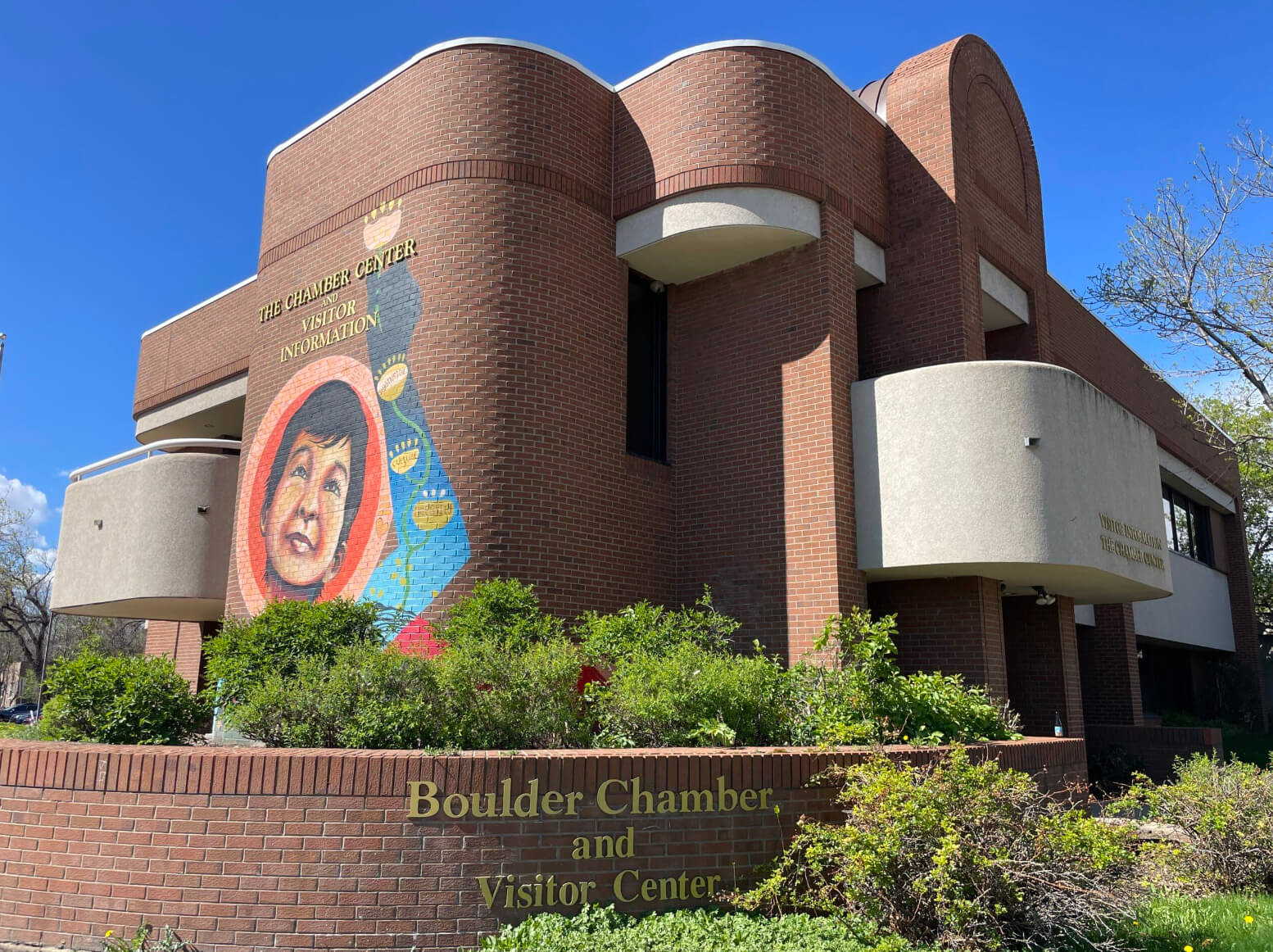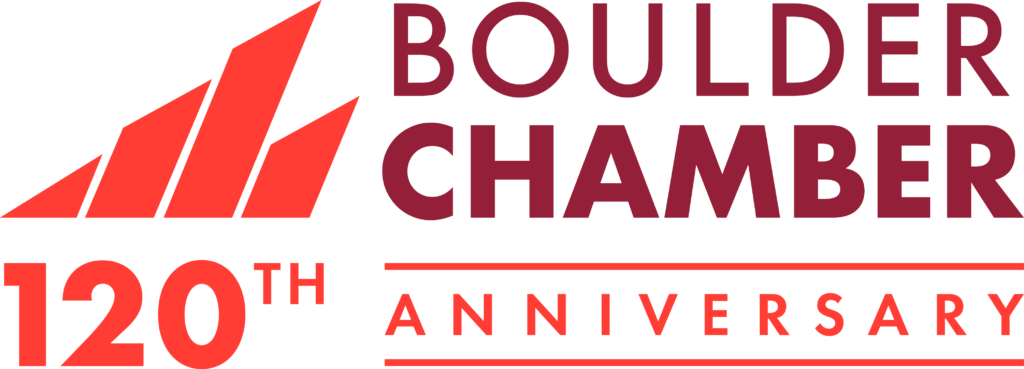Tayer: Ballot Issue Whack-A-Mole: Are You Kidding?

April 25, 2025
Originally published by BizWest, April 24, 2025.
 The silly season is almost underway in Boulder and it’s shaping up to be the ultimate game of Whack-A-Mole. My response: Are you kidding?
The silly season is almost underway in Boulder and it’s shaping up to be the ultimate game of Whack-A-Mole. My response: Are you kidding?
For those who are uninitiated, the classic Whack-a-Mole arcade game entails the act of trying to whack moles with a mallet that repeatedly pop out of their protective holes. They are the same moles popping out of the same holes and, every time, you have to hit them to win the game. If you miss them, the moles win and your kids think you’re a klutz.
Nothing could be a better euphemism for the election we may face in November of 2025. The only difference — it isn’t a game. If we don’t beat this litany of retread initiatives and policy issues and they win voter approval, there will be terrible consequences for our economy and community. All this at a time when we need to focus on responding to unprecedented economic vitality challenges due to federal policy machinations and local budget constraints that threaten our ability to meet basic service needs.
Let me begin with some of the choicest ballot initiatives that are already on the street collecting signatures and/or are in review by the Boulder City Clerk:
Close West Pearl: Remember the COVID-19 period when the only option for enjoying a meal out of the house was on the sidewalk in front of your favorite restaurant? The City of Boulder even closed Pearl Street to accommodate more outdoor dining space. On a few beautiful days and nights in the summertime, that made for a fun community gathering spot. During the rest of the time, like most of the time in the summer and winter, the streets were vacant, as were the retail shops and restaurants due to a lack of convenient customer access.
The numbers bore that out: Sales tax levels for West Pearl during the post-pandemic street closure period were only 78% of what they were pre-COVID. Comparatively, all of Downtown Boulder registered at 95% of pre-COVID levels, and those same numbers were at 123% across the entire city. That is why Boulder City Council wisely reopened Pearl Street. Now a few folks with selective memories of beautiful evenings playing in the street want to resurrect that painful period for our businesses and community with a ballot initiative to close West Pearl. Are you kidding?
Municipalization: For 10 years and at the cost of nearly $30 million, the City of Boulder sought to separate itself from the grip of Xcel Energy’s electric power services. The ostensible reason for pursuing this independence path — commonly referred to as “municipalization” — was to free our community to select carbon free energy sources. The problem was, Xcel Energy had invested significantly in infrastructure to support Boulder’s electric energy needs and wasn’t going to walk away from that investment without a fight.
And fight they did, until Boulder voters put an end to the financial bleeding. At the same time, Xcel Energy committed to reducing their carbon footprint to 80 percent of 2005 levels by 2030 and to providing 100% carbon-free electricity by 2050. This is progress worth celebrating. Unfortunately, with a cynical reference to admittedly poor Xcel performance during recent fire risk periods and a penchant for going it alone, the municipalization warriors are asking us to rekindle their costly fight. Are you kidding?
Growth costs: It’s an old saw that any new development imposes high additional costs on Boulder residents. That critique typically accompanies complaints about increased traffic, the loss of a favorite old restaurant, and the general harangue about too many people. Of course, at the same time, our community is the first to talk about the value of environmental sustainability, social diversity and open land preservation — all of which are threatened by a community that continues to place constraints on infill development.
Never mind the policy hypocrisy, it’s a failure of math not to recognize the economic benefit of accommodating new infill development. The residents and businesses we welcome into our community bring with them additional tax base support, which is a critical hedge against lost revenue in this post-COVID-19 economy. Yet, in a flashback to the resoundingly defeated measure from back in 2015, there are those who are again asking any new development to pay potential enormous new expenses — including, ironically, for “costs associated with projected long-term climate change” — and seek to restrict new development by adding to our nation-leading impact fees. Are you kidding?
Let’s be frank here. There are signs that national administrative policies will throw us into a recession. Cuts to federal laboratories and university research could have particularly dire consequences for Boulder’s already strained tax base, let alone the potentially existential disruption to our innovation economy. In other words, we have much bigger issues to contend with than to spend this summer and fall whacking at retread initiatives and policy issues — like so many mechanical moles — that make no sense and risk further undermining our economic and community vitality.
So, when someone asks you to sign one of these ballot initiative petitions, I urge you to join me in this refrain . . . Are you kidding?
